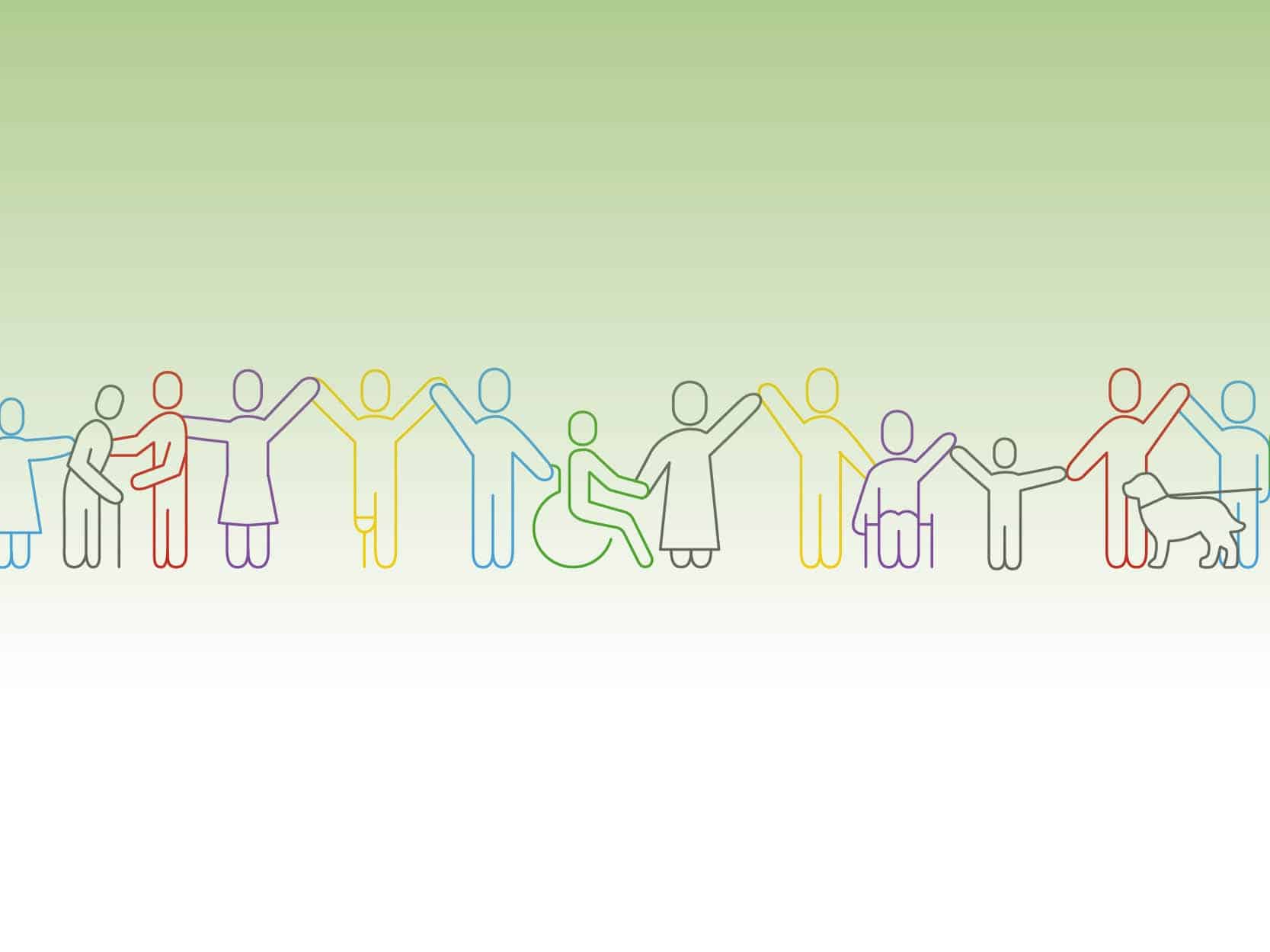
DCRM 2023
- s-Hertogenbosch
- Dit evenement is afgelopen
Parallel session A: Freepapers
O01: The development, implementation, and pilot-testing of a patient decision aid regarding terminal devices for people with upper limb absence: the PDA-TULA – Nienke Kerver
O02: Course of recovery of respiratory muscle strength and associations with physical functioning: a prospective cohort study among critical illness survivors – Mel Major
O03: Clinical prediction model for interdisciplinary biopsychosocial rehabilitation in osteoarthritis patients – Sophie Vervullens
O04: Relationships between physical fitness and cardiovascular and clinical manifestations in children with Marfan syndrome and Loeys-Dietz syndrome – Jessica Warnink-kavelaars
During the congress a delegation of the scientific committee awards the Best Oral prize. The awarding of this prize is based on the following criteria (scientific quality; quality of the content of the abstract; clinical relevance;innovative) and the quality of the presentation. The prize will be awarded to a early career researcher (resident, rehabilitation physician for max. 3 years or PhD candidate / PhD graduated max. 3 years ago)
O05: Care4carer: Support for caregivers of stroke survivors – Inge Lim
O06: ‘Academische Werkplaats HOMELAND’ – A workplace to improve devices for offloading the neuropathic foot by stakeholder collaboration from patients to academia – Jaap Van Netten
O07: BornToGetThere: implementation of uniform care for infants at high risk of cerebral palsy – Tjitske Hielkema
O08: Implementation of caregiver involvement by means of caregiver-mediated exercises in stroke rehabilitation at Roessingh, Centre for Rehabilitation – René Brunsveld
O09: Evaluation of a 12-week personalized aerobic and resistance exercise module as part of the rehabilitation of patients with different diagnoses – Karin Gerrits
O10: Ommetje, a mobile application to support physical activity, is it inclusive enough for patients in rehabilitation treatment? – Siham Icho
O11: Resistance exercise training counteracts the adverse effects of androgen deprivation therapy on body composition and physical capacity in prostate cancer patients – Lisanne Houben
O12: Empowering patients towards sustainable physical activity; development of a person-centered intervention integrating behavioral change science and design research – Arlette Hesselink
O13: Usability of a mobile health application to support home-based aerobic exercise in neuromuscular diseases – Tim Veneman
O14: What and how do families communicate about ALS? A qualitative exploration of parents’ and children’s perceptions – Marion Sommers-spijkerman
O15: Effect of stiffness-optimized ankle-foot orthoses on gait stability in people with neuromuscular diseases and bilateral calf muscle weakness – Wessel Van Der Steen
O16: Optimizing protocol selection for cardiopulmonary exercise testing in slowly progressive neuromuscular diseases – Sander Oorschot
O17: PROMIS-29 and PROMIS cognition function: outcomes 1 year after stroke – Henk Arwert
O18: A national consensus-based document on current practice with preferred assessments, interventions, and psychoeducation for young people with acquired brain injury across Dutch rehabilitation centers – Florian Allonsius
O19: Exploring acquired childhood aphasia: a national longitudinal study – Femke Nouwens
O20: Reducing the physiological and biomechanical demands of manual wheelchair propulsion with different assistance-levels of a pushrim-activated power-assisted wheel on an instrumented ergometer with able-bodied participants – Jelmer Braaksma
O21: Validity and reliability of the Dutch translation of the OPUS’ Client Satisfaction with Device module in chronic hand orthotic users – Tanja Oud
O22: Comparison between USER-Participation and PROMIS-APS and PROMIS-SPS to evaluate participation in a rehabilitation population: a cross-sectional multicentre study – Bianca Mourits
O23: Development and reliability testing of a qualitative observational rating system for individuals with brachial plexus injury performing Functional Capacity Evaluation tests. – Tallie Van Der Laan
O24: Participation and quality of life among significant others of individuals with spinal cord injury: Course and predictors – Eline Scholten

